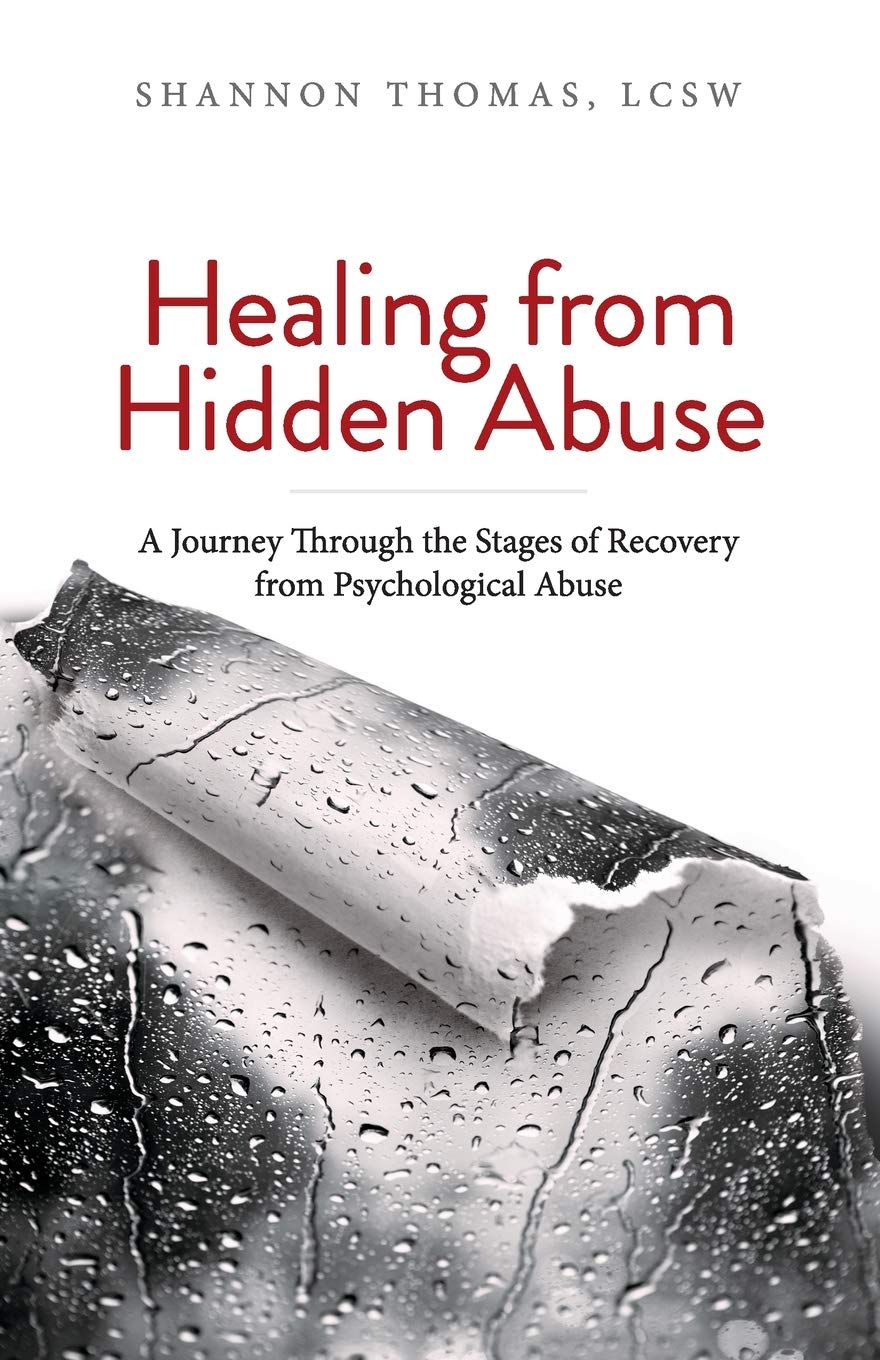I am NOT CRAZY. I am not the problem. I am strong. I am smart. I am capable. I am loveable. I am worthy.
You’ve read all the signs. You are unhappy. Is this relationship worth keeping?
It’s tough to change an unhealthy relationship. It can take years with a good therapist, a 12-step recovery program, or a dedication to spiritual retreats. But most importantly both people must be committed to this change. And if you are with a narcissist, unfortunately, the relationship is doomed to fail because narcissists do not think they have a problem. A leopard cannot change its spots and a narcissist is not unlike the leopard.
To gain insight, take the time to educate yourself on narcissism. Also, note that if you are unhappy, it is important to take care of yourself.
Value your needs. Learn to see your worth.
It’s tempting to pick apart and analyze other people’s behaviors, especially when someone hurts you greatly. But this is a complete waste of your time and emotional energy. Stop trying to figure them out and instead focus on what you’re bringing to the table. Instead of trying to figure out what “they” want or are thinking, focus on YOU.
What are YOUR needs? Write them down. Write down how you feel. Look at your notes… would you want your son, daughter, mom, or friend to feel like you do in a relationship? If not, write more. What are your fears? What is holding you back?
The way you are treated is how they feel about you. It’s a hard fact to face.
If you’re in a relationship with someone who repeatedly hurts or diminishes you, they’re saying all you need to know—even if they aren’t using words. Read that again.
Is your relationship going through a rough patch?
Life happens and it can be very hard! Death of a parent or child, loss of job or income, stress of a business, financial stress — these are all things that cause a relationship to suffer, but this is temporary. Even betrayal can be a season.
If your relationship is healthy, you will want to give each other time to process and heal. We will all make mistakes, maybe major ones, during rough times. Give each other grace.
Note that with a narcissist, rough patches are consistent. When a partner says, I need space doesn’t necessarily indicate a rough patch. Watch for how your partner or family member is communicating with you. If you are being belittled, this is not healthy. If it is often, this is not OK.
Find a good therapist.
It’s important to find a good therapist. If you are in a coupled relationship, find a therapist that can help. If you are seeking therapy alone, do not be afraid to look for a therapist who is focused on abusive relationships. I bet if you are on this site, you are probably worried you are with a narcissist. Find a therapist that specializes in PTSD and relationship problems.
A narcissist may state they are willing to work on a relationship. As long as you provide some value to them, they will keep you hooked by agreeing to therapy. For a while, it may work. But if this is the second or third round in therapy, you may have to face the fact that the person you are connected to is not capable of change.
Prepare your exit.
It might be time to end the relationship, and if you are dating, count your blessings that you are not going to have to deal with a divorce. If you have a child or children together, you’ll have to plan for court expenses. Work on your self-esteem. Try to avoid jumping into a new relationship, for various reasons. First, it will complicate the leaving by adding more drama and tension, especially if children are involved. Second, you need time to grow and heal. Give yourself time for this. Trust yourself to be strong enough to do this! You cannot put your self-worth and care into another human being for this. Of course, some people need to be in a relationship for many reasons. Do what you can, but make a vow to continue working yourself so that you won’t find yourself in this situation again.
Make certain you have money saved if you are leaving home or your shared place.
Leave and cut off all communication. Co-parenting is the exception here, but it is better to go No Contact. This is imperative if you are leaving a narcissist.
Don’t leave without support. Stay connected to a therapist through this transition. Leaving a toxic relationship is one of the hardest things you will ever have to do. Having a GOOD therapist will make this so much easier. If you do not LOVE your therapist, get a new one! There are many good therapists out there who are experts at helping people get out of abusive, toxic, unhealthy situations.
If you’ve been in a toxic relationship for a long time, it can be hard to see a way out the door. You may even believe that you are the cause of the problem. Feeling this way is a common phenomenon as the perpetrator in the relationship is often an expert at gaslighting, which leaves you questioning reality.
You are NOT CRAZY. You are not the problem. You are strong. You are smart. You are capable. You are loveable. You are worthy.
Read that over and over and over again. Every night. Every morning.
You are worthy of being treated with kindness and respect — always!
Do not settle for less! You are a valuable asset to this world and people need you. An unhealthy relationship filled with hidden abuse will tear you down. A healthy partner will lift you up, celebrate your good qualities, and give grace to your flaws and humanness. A healthy relationship has forgiveness, not punishment. Acceptance. Kindness. Respect. Honor. Praise. A good partner will celebrate you. This is not love bombing, this is how a true friend, family member, or partner responds to you being in their lives. Maybe not every minute of every day, but they will prove over and over again that you are important to them in so many ways.





